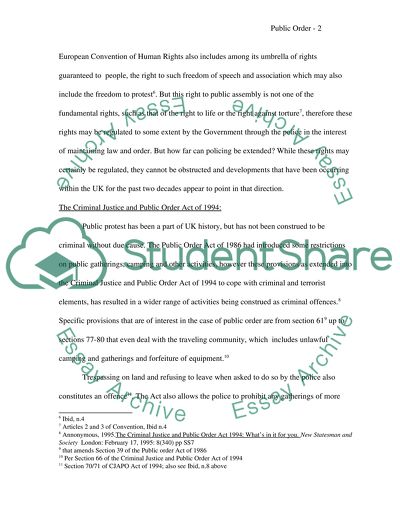Cite this document
(“Public Order Legislation and Fundamental Rights Essay”, n.d.)
Retrieved from https://studentshare.org/law/1536649-public-order-legislation-and-fundamental-rights
Retrieved from https://studentshare.org/law/1536649-public-order-legislation-and-fundamental-rights
(Public Order Legislation and Fundamental Rights Essay)
https://studentshare.org/law/1536649-public-order-legislation-and-fundamental-rights.
https://studentshare.org/law/1536649-public-order-legislation-and-fundamental-rights.
“Public Order Legislation and Fundamental Rights Essay”, n.d. https://studentshare.org/law/1536649-public-order-legislation-and-fundamental-rights.


